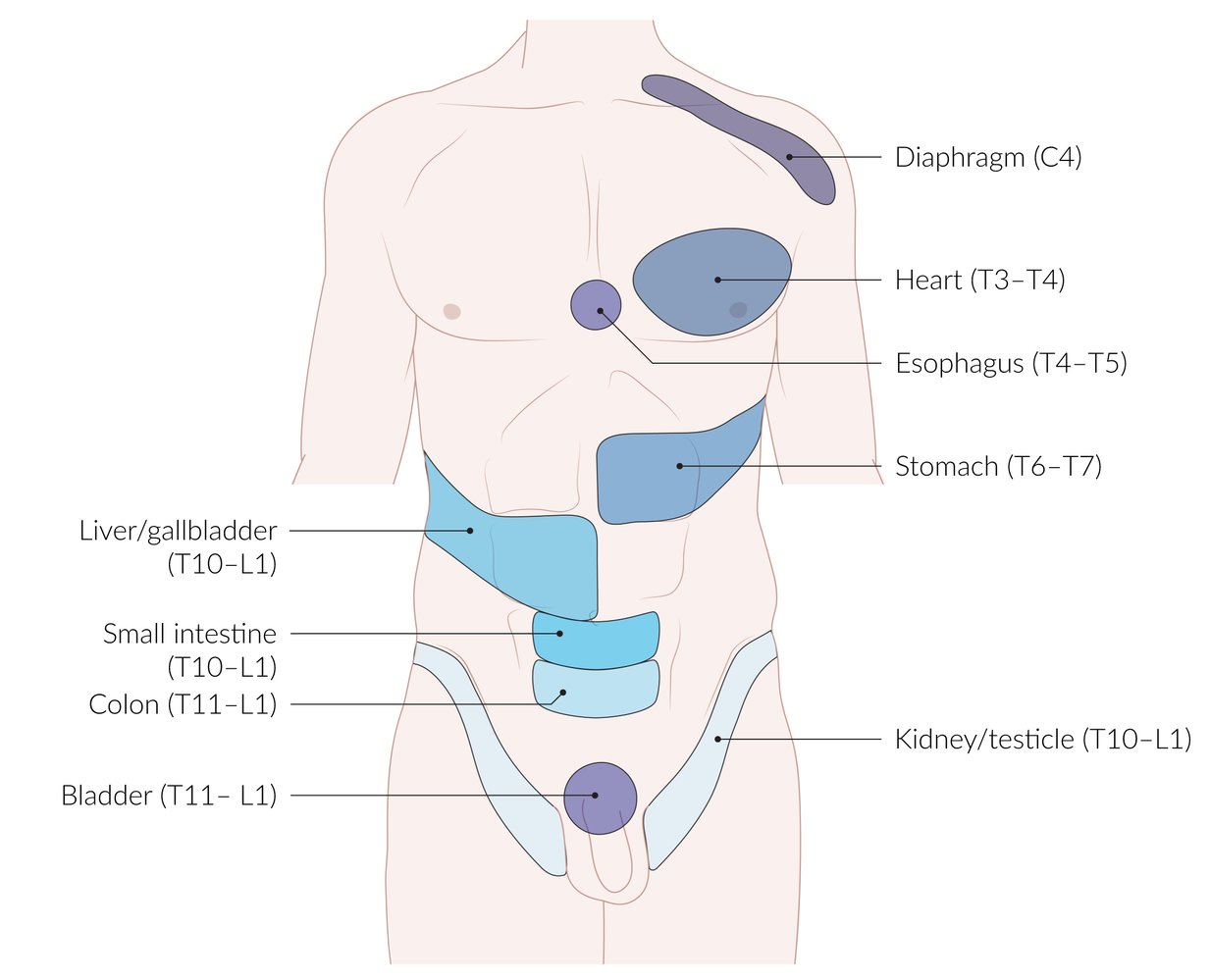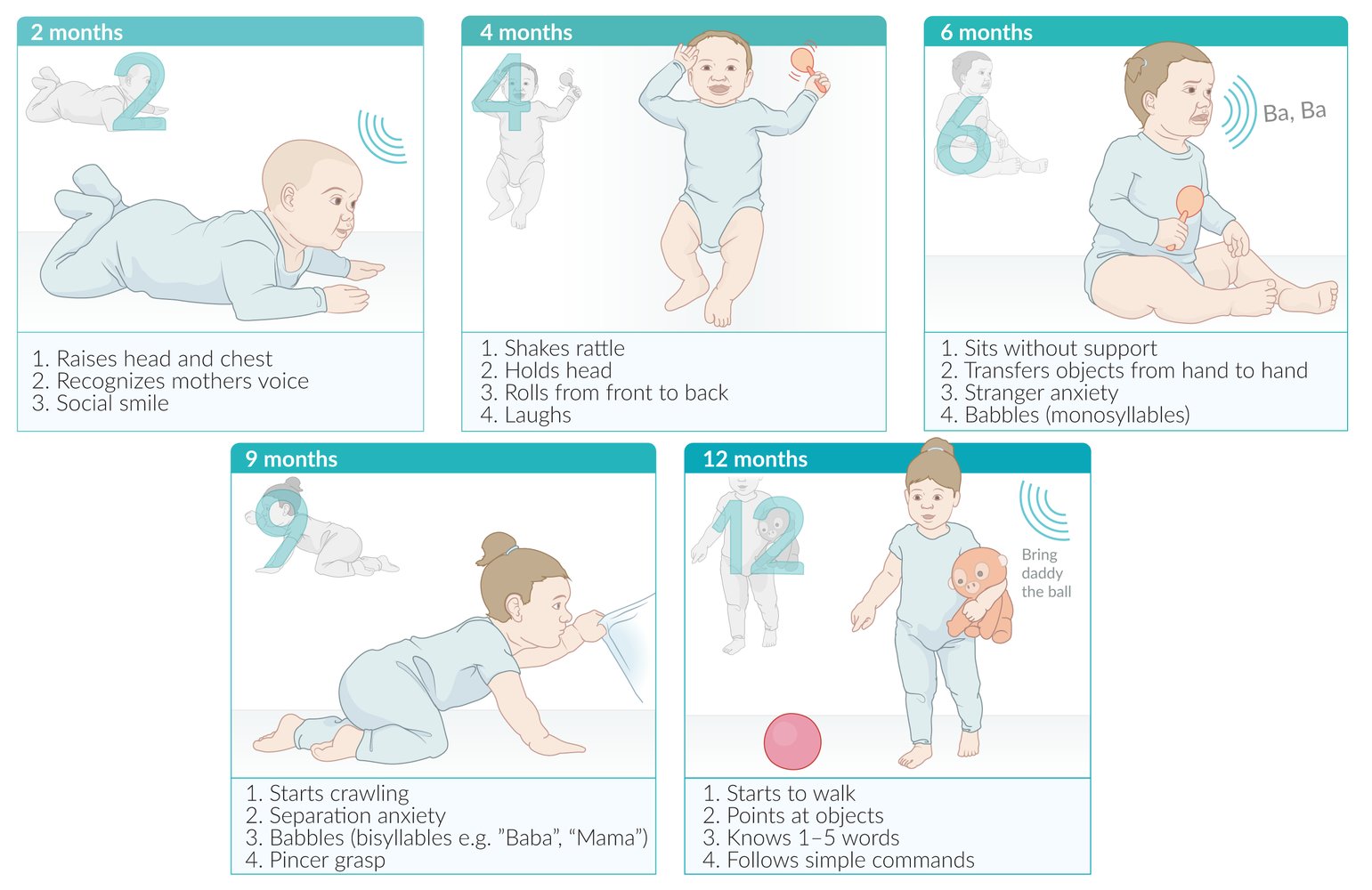Master 10 of the Toughest Step 2 CK Topics
.png)
Here at AMBOSS, we know just how busy the lead-up to the USMLE® Step 2 CK exam can be. With clinical rotations and residency research, there is often little time for Step 2 prep. To help you out, our physicians have curated a list of 10 of the most challenging Step 2 CK topics so you can prioritize your study and take some of the pressure off! The topics include:
- Principles of medical law and ethics
- Quality and safety
- Pain management
- Hyponatremia
- Childbirth
- Pneumonia
- Child development and milestones
- Personality disorders
- Perioperative management
10.Major neurocognitive disorder
What to expect on Step 2 CK
The USMLE Step 2 CK exam integrates all of the knowledge you acquire during your first clinical experiences, packaging those insights into nuanced questions that assess your clinical judgment.
As a first step in developing a study approach, it’s a great idea to browse Step 2 CK’s content distribution. Reading this document will help you develop an understanding of the topics that will appear on the exam and the question formats that will be used to test these questions.
Nevertheless, not all topics are created equal. Some topics that appear on the Step 2 CK exam are commonly regarded as more difficult than others, and these topics can pose unique challenges to those studying for the Step 2 CK exam.
The nature of difficult Step 2 CK topics
Although Step 2 CK is a standardized exam, it is important to note that clinical experiences vary greatly from school to school and student to student. Because the clinical experiences will teach and reinforce much of the medical content featured on Step 2 CK, missing out on exposure to certain conditions can leave students unfamiliar with some test-ready knowledge.
This effect is further compounded by the fact that the Step 2 CK content is known for being more nuanced than USMLE Step 1. While the boundaries between Step 1 concepts are relatively clear, they are less so in Step 2 CK. In the latter, students will need to use clinical reasoning to produce highly educated guesses about long and nuanced questions.
Something to note is that many Step 2 CK questions present the user with multiple answer choices that are, in some way, ‘correct.’ The key challenge when solving Step 2 CK questions, then, is applying nuanced reasoning to determine the answer that is ‘most correct.’ The lack of clear-cut, black-and-white answer options is further complicated by the fact that students may not have experience with clinical scenarios that neatly follow the clinical guidelines.
Given the above factors, it can be said that difficult Step 2 CK topics often involve:
- Complicated, multisystem diseases that appear in a wide range of clinical scenarios.
- Diagnostic and treatment algorithms with fine distinctions between alternatives.
- The blending of patient care principles and medical reasoning.
Ten challenging Step 2 CK topics
The following topics are known to provide test takers with challenges on exam day for the reasons mentioned above. While it’s not guaranteed that you’ll encounter an exam question about each and every topic, many of these topics involve fundamental concepts that are commonly included in a wide range of question types:
The NBME® has been placing more and more emphasis on questions related to the conduct and interpersonal skills of care providers. It is difficult to approach these questions in a straightforward way because they often describe complex patient scenarios. On top of that, a test-taker’s intuition may not align with currently accepted standards and practices, so reviewing a text-based resource like the AMBOSS article before test day is one of the only effective ways to prepare.
Just like law and ethics, this topic is also appearing on Step 2 CK exams with greater frequency. Questions about quality and safety present unique challenges to test-takers because they relate to the abstract principles and practices that promote greater efficiency, transparency, and safety in medicine. One thing to watch out for in particular: discrepancies between your specific healthcare institution’s standards and those generally accepted by national bodies.
Pain is a very common trigger of diagnosis and treatment in all clinical settings. Consequently, being familiar with diagnostic features like quality, severity, and location can be useful in establishing a wide variety of diagnoses. On top of that, managing pain involves balancing several pharmacological and ethical concepts that can create dilemmas for care providers and test-takers alike. Questions regarding contraindications and side effects are common topics, so be sure to review these aspects by test day.

The pathophysiology of hyponatremia is undoubtedly complex, creating headaches for care providers during the diagnostic and treatment stages. Understanding both the renal and extrarenal causes of hyponatremia can help you make sense of associated findings at the diagnostic stage, while knowing the basics of volume status and fluid therapies can empower you to identify the safest and most effective treatment.
Childbirth is a hectic and multifaceted event with only one desired outcome but numerous pathways by which that can be achieved. As such, studying the timeline and management algorithms associated with childbirth can pay off. Reviewing the critical points where medical care can diverge is an effective way to review this topic.
A complex diagnosis commonly associated with outpatient visits, inpatient admissions, and nosocomial complications alike, properly tackling pneumonia-related questions requires an understanding of pharmacology, epidemiology, and microbiology. Of note, being familiar with the basic diagnostic groupings of pneumonia can simplify your test-day decision-making.
No two children follow the exact same growth and development trajectory, which can make it difficult to compare the child presented in a given vignette to the standardized milestones established as a general guide. Reviewing AMBOSS’ tables and charts related to this topic can help you develop a familiarity with the red flags worthy of your attention.

Given the long and meandering vignettes associated with these questions, personality is a topic for which it can sometimes be difficult to distinguish pathological from idiosyncratic. Further complicating matters, personality disorders are separated by clear-cut clusters and divisions which the real-life patient scenario may not always obey. Nevertheless, reviewing the key features of each cluster can help you narrow down your options on test day.
Because pre- and post-operative care is something all patients experience in one form or another, this is one of the most common surgical topics to appear on the exam. Nevertheless, the merits and demerits of each clinical approach can be difficult to keep straight and apply on test day. Reviewing the basics of fluid management, oxygen supplementation, and other core topics can help you make sense of vignettes associated with this topic.
A sensitive topic that can be very difficult to manage in real-life patient situations, major neurocognitive disorder is also associated with Step 2 CK questions that can pose medical and ethical challenges alike. Reviewing the unique diagnostic features of each unique pathology can make these questions more approachable on test day.
Reviewing and rehearsing the topics above at various stages of your Step 2 CK studies will provide you with useful skills and insights for test day. No matter how complicated any one topic may seem, please try your best! We’re confident that you will be ready for test day.
